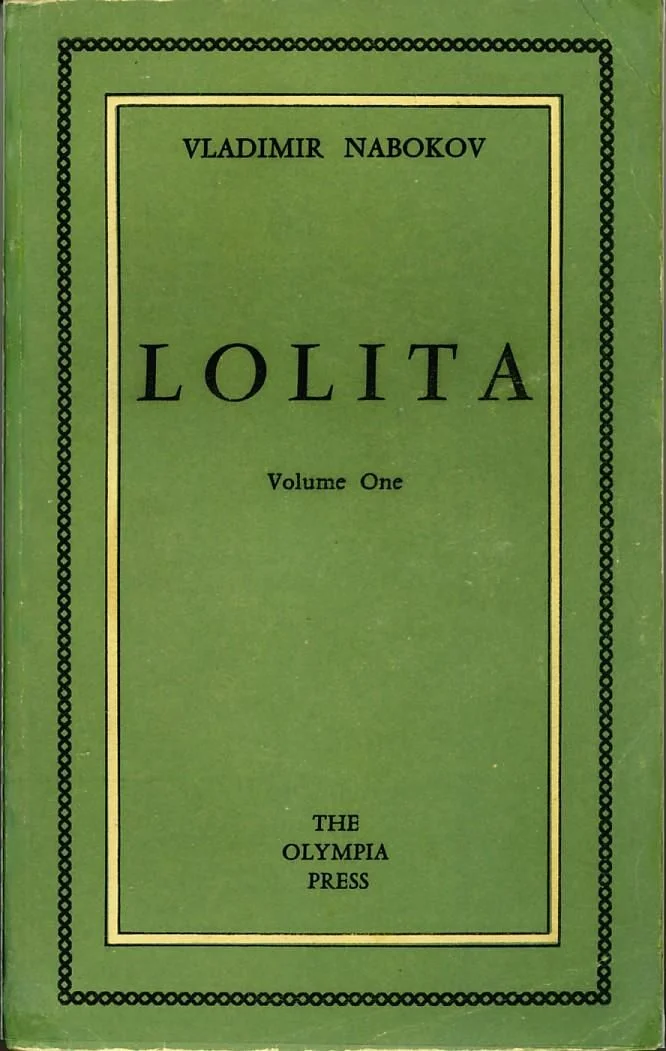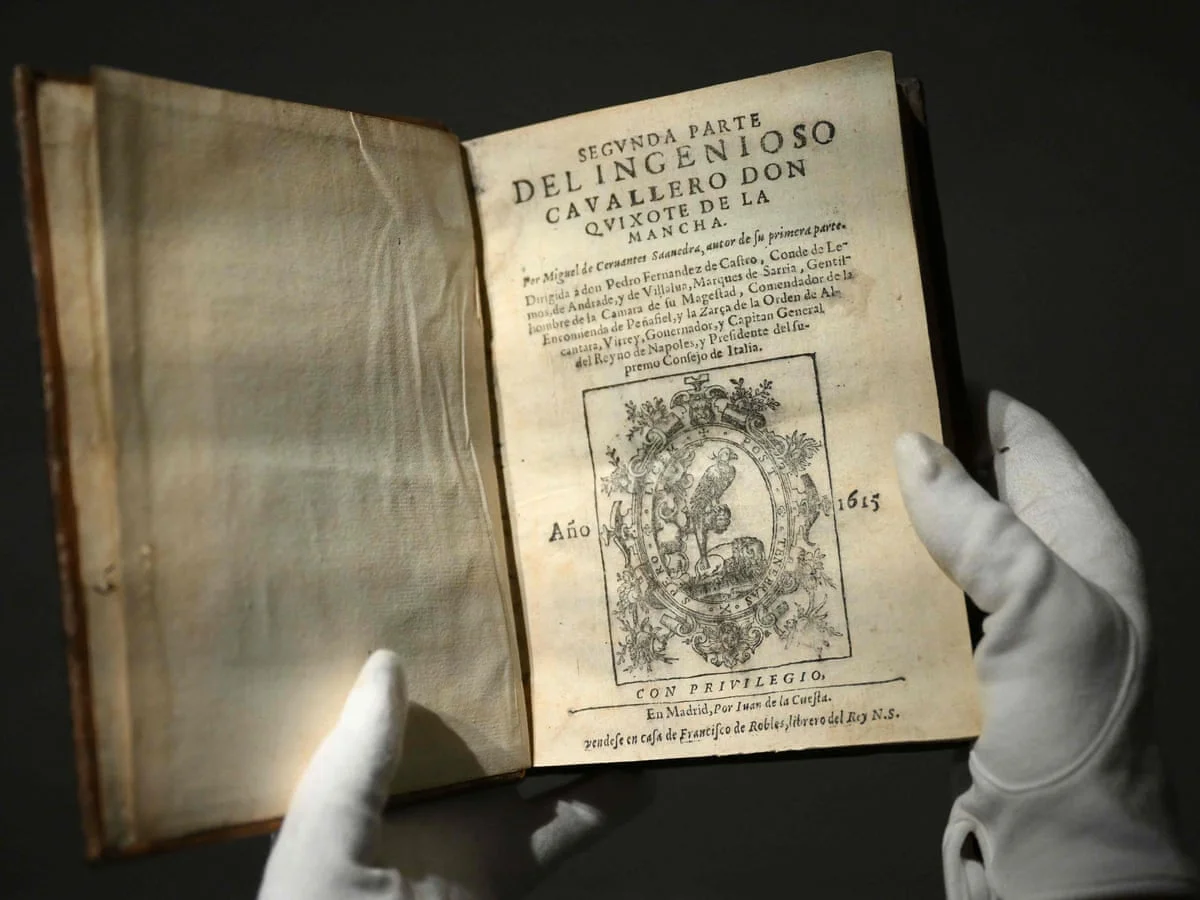C.S. Lewis is widely known for his intellectual rigor, Christian apologetics, and, perhaps most famously, for creating the world of Narnia. To millions, he is the Oxford scholar who married logic and imagination, crafting tales of talking lions and deep theological truths.
But beyond the polished prose and carefully reasoned essays lies a more vulnerable man—one whose life was profoundly altered by love, loss, and emotional awakening. Shadowlands, both as a stage play and film adaptation, offers an intimate look at this lesser-known side of Lewis, revealing dimensions of his character that remain largely hidden in his academic and literary output.
Far from being a biopic in the conventional sense, Shadowlands is a meditation on transformation. It explores how personal suffering reshapes belief, how unexpected love breaks intellectual defenses, and how even the most articulate minds stumble when faced with the rawness of grief. In telling the story of Lewis’s relationship with American poet Joy Davidman, Shadowlands illuminates the man behind the mind.
The Scholar Before the Storm
At the start of Shadowlands, C.S. Lewis is portrayed as an orderly, somewhat aloof academic. Played memorably by Anthony Hopkins in the 1993 film, Lewis appears comfortable in his role as lecturer, debater, and bachelor. His world is structured around ideas rather than emotions, a space where faith is reasoned and grief is more theoretical than lived. In his lectures, he speaks about suffering with conviction: “God allows us to experience pain to refine our souls.”
This prelude sets up a central irony that the play and film explore in depth—what happens when the man who explains pain is forced to feel it without distance or detachment? This thematic contrast is essential to understanding how Shadowlands reveals a transformation in Lewis’s life that deeply impacted his later works, especially A Grief Observed, which he wrote following Davidman’s death.
The Disruptive Force of Love
Joy Davidman enters Lewis’s life not as a romantic ideal but as an intellectual equal. Their initial correspondence is rooted in theological debate and literary admiration. However, as portrayed in Shadowlands, their relationship gradually evolves from curiosity into deep companionship, challenging Lewis’s emotional reserve.
Davidman, played by Debra Winger in the film, is outspoken, witty, and emotionally perceptive. Her American directness contrasts with Lewis’s guarded British demeanor. Through her, Lewis begins to see the inadequacy of tidy theological explanations for life’s messier realities. She forces him to confront his emotional detachment—not through confrontation, but by simply being present and authentic.
The narrative doesn’t romanticize their union as something easy or ideal. Instead, it presents their relationship as transformative precisely because it is unexpected and difficult. Lewis, a lifelong bachelor who had carefully managed his emotional world, finds himself drawn into a love that does not fit into his previously constructed categories.
Illness, Marriage, and Quiet Courage
One of the most poignant elements in Shadowlands is the quiet but profound shift that occurs after Joy’s diagnosis with terminal cancer. Lewis, unprepared for the rawness of personal loss, marries her in a hospital room—not out of pity, but love deepened by shared suffering. The play and film focus not on dramatic declarations but on the subtleties of vulnerability: holding hands, stolen glances, unsaid fears.
This period in Lewis’s life reveals a form of courage not often associated with public intellectuals—the courage to love knowing that loss is imminent. In the shadow of death, Lewis discovers dimensions of tenderness and spiritual honesty that challenge the certainties of his earlier worldview.
The dramatic power of Shadowlands lies in these quiet moments. They show Lewis stepping away from the podium and into the unpredictability of human experience. The change is not marked by a collapse of faith but by a reconfiguration of what faith means when it is tested in the crucible of grief.
The Limits of Intellectual Comfort
A recurring theme in Shadowlands is the tension between intellectual certainty and emotional reality. Before Joy, Lewis articulates a worldview in which suffering has purpose and divine meaning. After her illness and death, those beliefs are no longer so easy to recite.
Rather than portray this as a loss of faith, the narrative suggests a deeper engagement with it. Lewis doesn’t abandon belief; instead, he begins to approach it with more humility and emotional honesty. He starts to question not the existence of God, but the simplicity of the answers he once gave. This evolution is powerfully reflected in A Grief Observed, where Lewis writes not as a theologian, but as a widower struggling with absence, anger, and silence.
Shadowlands highlights this shift, showing that true faith may require unlearning as much as it requires conviction. It presents the idea that theology divorced from pain may be tidy—but it is incomplete.
Humanizing a Literary Icon
For many readers, C.S. Lewis remains a towering figure—a literary genius and spiritual guide. Shadowlands offers a different lens. It portrays him not as a sage dispensing wisdom, but as a man learning to navigate the fragile, unpredictable terrain of love and loss. It reminds us that behind The Chronicles of Narnia and Mere Christianity was someone who lived through real heartbreak.
This portrayal enriches our understanding of his writing. After experiencing Joy’s illness and death, Lewis’s prose takes on a new depth. The moral clarity of his earlier works gives way to a more nuanced, empathetic tone. He no longer speaks only to the mind, but also to the broken heart.
By revealing these experiences, Shadowlands adds humanity to a figure who might otherwise feel inaccessible. It brings Lewis down from the lectern and into the living room—where faith trembles, love surprises, and grief rewrites the story.
The Power of Story to Reveal the Soul
Shadowlands does not seek to deconstruct C.S. Lewis’s intellectual legacy. Instead, it adds another layer—one often absent from theological treatises or academic biographies. It shows how love can undo a man’s sense of control, how loss can deepen rather than destroy belief, and how storytelling itself becomes a vessel for truth that logic alone cannot carry.
In dramatizing the relationship between Lewis and Joy Davidman, Shadowlands becomes a story about stories—how they evolve, how they comfort, and how they survive pain. It offers a window not into Narnia or Oxford, but into the heart of a man who learned, perhaps too late, that the greatest truths are not always spoken—they are lived.
And in doing so, it reveals a Lewis beyond the page: vulnerable, reshaped, and, ultimately, more real.


